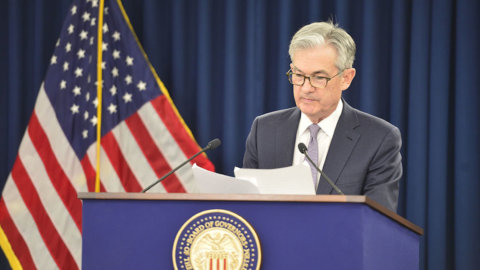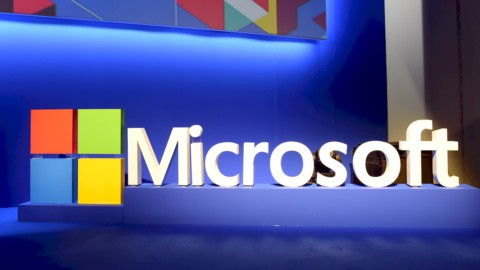La Fed policy it can be judged in various ways depending on the objectives pursued: a great success or an insignificant intervention. But also an absolute disaster. I am for the latter thesis”. It was 1982 when Edward Kane, then a top economist at Ohio University, had the audacity to criticize the Fed's robust rate hike in the face of Paul Volcker, the bank's number one waiting to speak in front of colleagues at the Fed symposium that year, for the first time, scheduled for Jackson Hole, Wyoming, the trout paradise chosen to please Volcker, a great fishing enthusiast. But for the banker close to the Democrats, already in the crosshairs of Ronald Reagan, these were not easy days: in the end, the Fed won out over its enemies, taming the double-digit inflation that had dogged the economy for almost ten years.
The markets miss the strong bankers capable of dictating the rules
Will history repeat itself forty years later? Intervention by Jerome Powell, live streaming, is expected in the same room where Volcker spoke, to reiterate that the central bank would no longer tolerate double-digit inflation, even at the cost of unleashing the rush for the dollar. Powell, like Volcker, can also lament the latest releases from the White House: cancel student debts to the banks (up to 20 dollars each), on the eve of Jackson Hole is a fair and popular measure a few months before the elections, but worth +0,3% in terms of inflation (and probably even more, according to Jason Furman, former Obama chief economist). But the analogies end there. Thanks to Volcker, recalled to Washington in 2009 to restore order in US finance, world finance has been able to have an authoritative and bipartisan guide, capable of dictating its rules to the markets, even the most riotous and rebellious.
Attorney Powell, who doesn't even have one degree in economics, will instead have to explain to the markets the bad performance of a year ago, when the Fed chairman argued that inflation was only a false problem, a short-lived transitory episode on the horizon of markets devoted to stable beauty and fueled by low rates zero or almost. Things, you know, went quite differently. Jerome Powell thus found himself considered one if not the most responsible for the fearful market collapse, not so much of the Stock Exchanges as of the 17 trillion dollars that went up in smoke with the decline in bonds.
Powell takes on the role of the Falcon to make amends for mistakes
We need to start from here to understand the Fed's current difficulties in being taken seriously, despite the flurry of increases in the cost of money in 2022 and the promises of even more drastic interventions to crush inflation. Citizens, but also brokers, are struggling to understand the reasons for the squeeze in the face of an economy that is floating at least for now. And, even more, of a job market booming, despite millions of people refusing to return to companies, bars or hospitals that complain of understaffing. How will Attorney Powell get the message across to an audience that half-believes him? The president can only reiterate the line of firmness, but without exaggerating: he has always assured the Americans that the States will not end up in recession… Therefore his can only be an ambiguous speech, perhaps more than those of his predecessors (“Do you understand me? So I did something wrong” Alan Greenspan used to say): harsh, mean but with a touch of hope, albeit restrained and sober , because it doesn't take much to awaken Taurus out of season.
All eyes on Powell, what will the Fed do on rates?
Metaphor aside, the Jackson Hole event (159 authors, 370 papers, the contribution of central bankers arriving from 170 countries) will struggle to convince Americans not to let their guard down: the price of gasoline is declining, inflation could provide a respite that technology stocks are already taking advantage of. Sure, one or more increases will come in the coming months, but next year, the big banks guarantee, the music will change. And Jerome, as a good lawyer, will swallow the most ominous signals. Unless the wind of crisis arriving from Europe advises Wall Street to keep its guard up. While American inflation it will drop in the coming months, the European one, before moderating next year, will continue to rise towards 10% despite the energy subsidies which will cause an increase in public debt. And Frau Schnabel, the German banker who represents the ECB in the Wyoming highlands, can only wave her hawk's feathers. They are far away in times, year 2014, in which Mario Draghi chose Jackson Hole to announce European Quantitative Easing.





